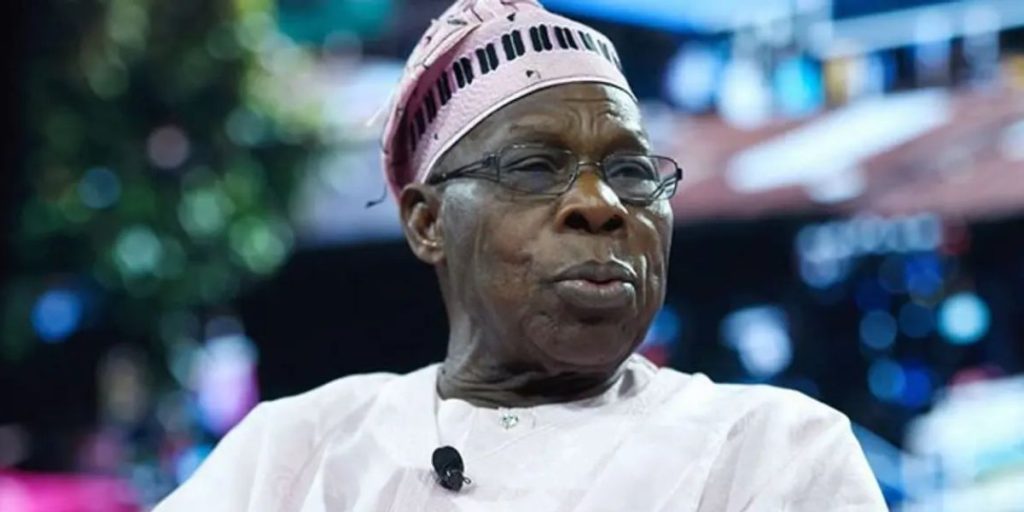
Former President of Nigeria, Chief Olusegun Obasanjo has revealed that there are sinister forces working against the success of the $20 billion Dangote Refinery, alleging that these cabals benefit from the importation of refined petrol.
In a recent interview with the Financial Times, Obasanjo stated, “Aliko’s investment in a refinery, if it goes well, should encourage both Nigerians and non-Nigerians to invest in Nigeria. If those who are selling or supplying refined products for Nigeria feel that they will lose the lucrative opportunity, they will also make every effort to get him frustrated.”
This statement aligns with recent claims by Aliko Dangote, President of the Dangote Group, who accused both government and non-government officials of efforts to obstruct the refinery’s operations. The Dangote Group has also alleged that international oil companies are frustrating the refinery by either refusing to sell crude or selling it at a premium of up to $4 above the normal price.
These developments have led to the Federal Executive Council directing the Nigerian National Petroleum Company (NNPC) Limited to sell crude oil to Dangote Refinery and other local refineries in naira instead of U.S. dollars. Additionally, the Dangote Group has accused the Nigerian Midstream and Downstream Regulatory Authority of granting licenses to import dirty fuel, a claim the regulator denies.
Former Kano State Governor Rabiu Kwankwaso weighed in on the issue, attributing the conflict to vested interests that could damage investor confidence in Nigeria’s economy. Kwankwaso described the Dangote Refinery as a crucial national asset for energy needs and economic stability, emphasizing the importance of protecting it from threats.
The Dangote Refinery, which commenced operations in December last year with a capacity of 350,000 barrels per day, aims to reach its full capacity of 650,000 barrels per day by the end of this year. The refinery has begun supplying diesel and aviation fuel and plans to start petrol supply in August despite regulatory resistance.








